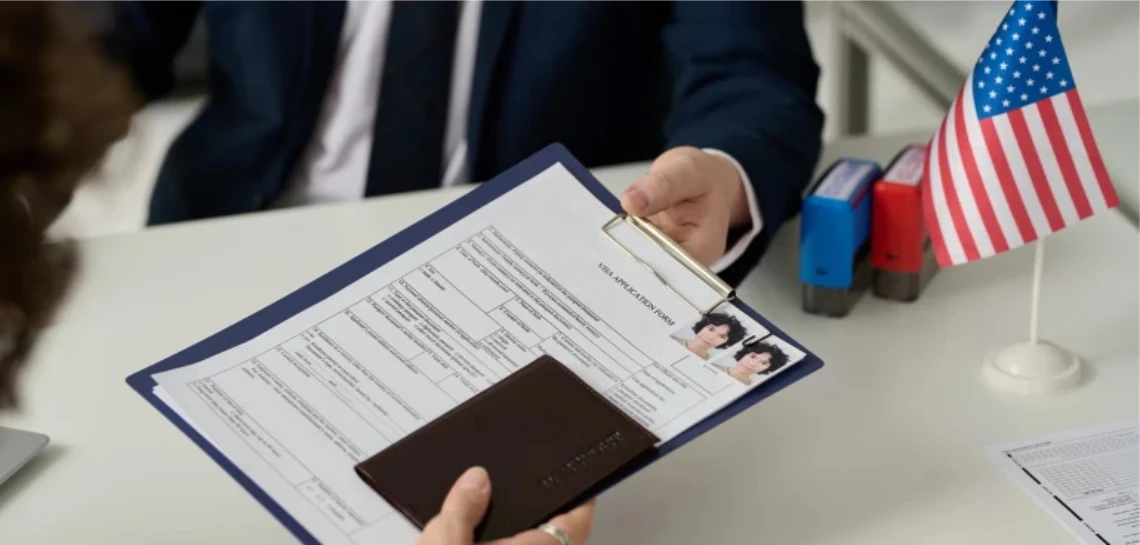
An O-1 visa is a non-immigrant employment-based visa classification in the United States. It is designed for individuals with extraordinary abilities or achievements in specific fields. It is intended for individuals with exceptional expertise and recognition in their respective areas, such as the sciences, arts, education, business, athletics, or the entertainment industry.
Categories of O-1 Visa
There are two main categories of O-1 visas:
- O-1A Visa: For individuals with extraordinary ability in the sciences, education, business, or athletics.
- O-1B Visa: For individuals with extraordinary ability in the arts or extraordinary achievement in the motion picture or television industry.
O-1 Visa Requirements
The qualifications and evidence required can vary depending on whether the individual is applying for an O-1A visa (sciences, education, business, athletics) or an O-1B visa (arts or motion picture/television industry).
The applicant must provide evidence in at least three of the following areas:
- Receipt of a major, internationally recognized award or prize (such as a Nobel Prize)
- Membership in associations that require outstanding achievements as a condition of membership
- Published material in professional or major trade publications or major media
- Participation as a judge of the work of others in the same or a related field
- Original scientific, scholarly, or business contributions of major significance
- Authorship of scholarly articles in professional journals or other major media
- Artistic exhibitions or showcases
- Performance in a leading or critical role for organizations or establishments with a distinguished reputation
O-1 Visa Process
The O-1 visa process involves demonstrating exceptional ability or achievement in your field, securing a U.S. job offer or agent, and having your employer file Form I-129 with evidence of your accomplishments.
You may consult relevant organizations, and premium processing expedites review. USCIS evaluates your petition, possibly issuing a Request for Evidence (RFE). If approved, you apply for an O-1 visa at a U.S. consulate if abroad. You work for the sponsoring employer/agent upon entry, with visa extensions available. Family members can apply for O-3 visas. An experienced O-1 Visa lawyer may help you as the visa process is complicated.
Benefits of an O-1 Visa
The O-1 visa offers several benefits, including:
- Temporary Work Authorization: Allows you to work in the U.S. for a specific employer or agent in your field of extraordinary ability or achievement.
- Flexibility: You can change employers within the same field by having the new employer file a new Form I-129 petition, and you can work for the new employer upon receipt.
- Extensions: Extensions of stay are available in one-year increments if you continue to meet the extraordinary ability criteria.
- Path to Permanent Residency: The O-1 visa is a non-immigrant visa, but it can be a stepping stone toward permanent residency if desired. It means an O-1 visa to a green card is a possibility.
- Networking Opportunities: Access to U.S. industries, organizations, and experts in your field can enhance your career and professional growth.
- Work on Multiple Projects: You can work on multiple projects or assignments as long as they fall within the scope of your extraordinary ability.
- No Cap: Unlike some other visa categories, there is no annual cap or numerical limit on the number of O-1 visas issued.
- Quality of Life: Opportunity to live and work in the U.S., experiencing its diverse culture, advanced facilities, and professional opportunities.
Need help with your O-1 Visa? Contact an O-1 Visa Lawyer
An Immigration lawyer can provide invaluable assistance through eligibility assessments, preparation of documentation, Form I-129 petition, and premium processing. By leveraging their expertise, they can significantly enhance your chances of a successful O-1 visa application and a smoother immigration process overall.
